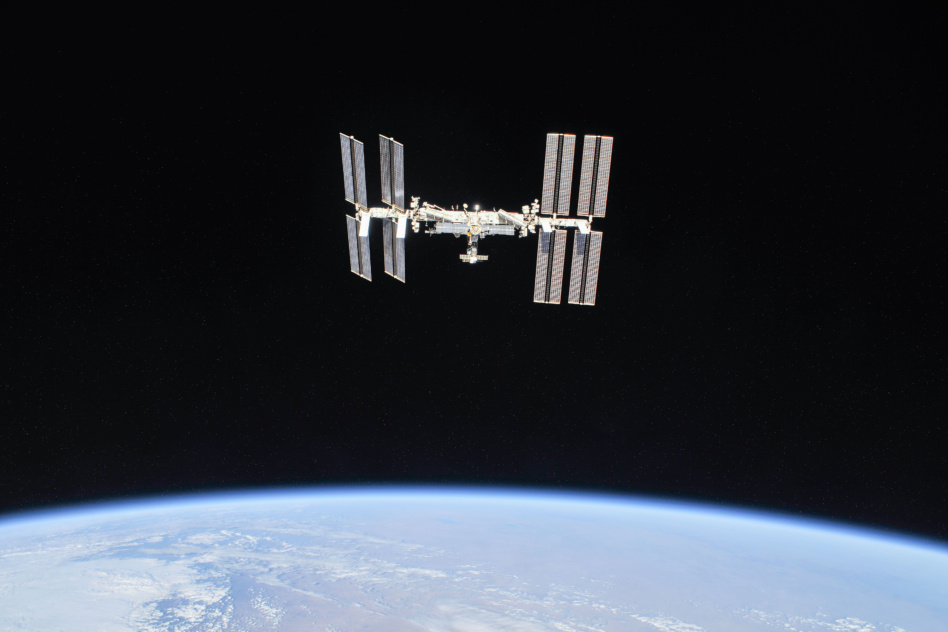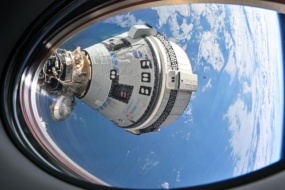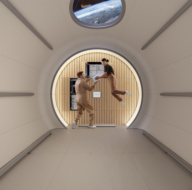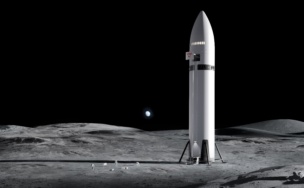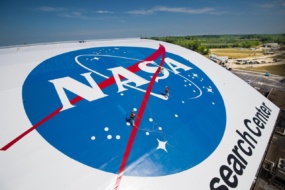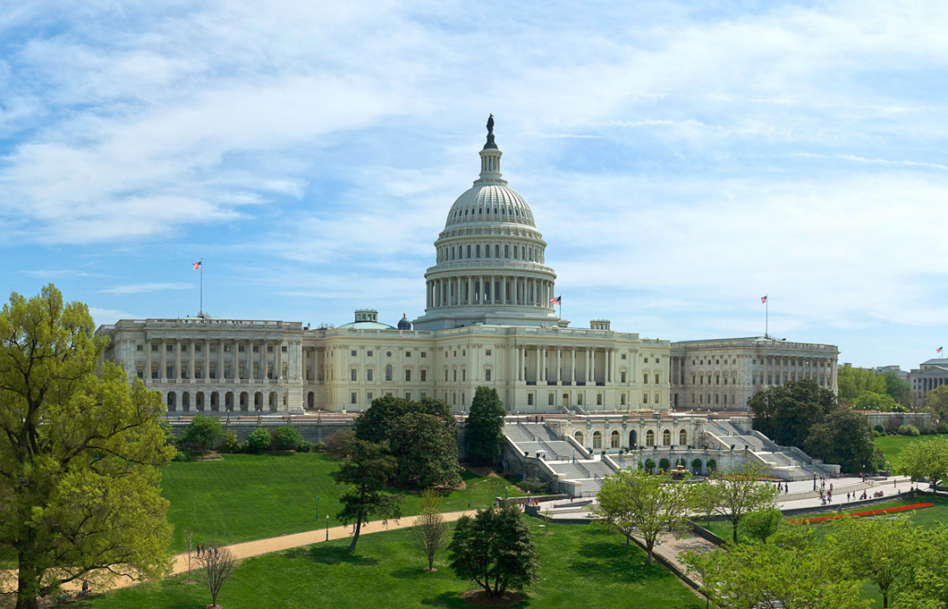Last week, a pair of cosmonauts aboard the ISS were all suited up for a spacewalk, ready to step out of the decompressed airlock, when flight controllers noticed that the Soyuz M-22 capsule docked with the station had sprung a leak.
Over the past week, NASA and Roscosmos have been investigating the leak, which spilled coolant from the craft. The agencies postponed two spacewalks while they reviewed photos taken by the crew and gathered information using the station’s Canadarm2 robotic arm.
What went wrong? Russia said yesterday morning that a small piece of debris struck an external cooling loop on the Soyuz, creating a hole about 0.8mm in diameter. All the coolant in that loop escaped out into the void of space.
NASA and Roscosmos say that the temperature inside the capsule is still within safe levels. The ISS crew is in no danger.
The big deal: In a few months, that Soyuz capsule is expected to ferry three members of the ISS crew—NASA astronaut Frank Rubio and cosmonauts Sergey Prokopyev and Dmitri Petelin—safely back to Earth.
Soyuz capsules are hardy craft with lots of redundancies built in, but the lack of coolant could still pose a problem for flight computers. If they fail, then the capsule may not be able to autonomously reenter the Earth’s atmosphere, and the astronauts on board would have to manually pilot the craft.
That’s a worst-case scenario. As a backup, Roscosmos could send up another Soyuz to autonomously dock with the station in February.
What’s next? Right now, both space agencies are gathering data and considering what a Soyuz M-22 return trip might look like. The crew’s return trip is still up in the air, but Roscosmos said that it expects to make a decision on Dec. 27.
